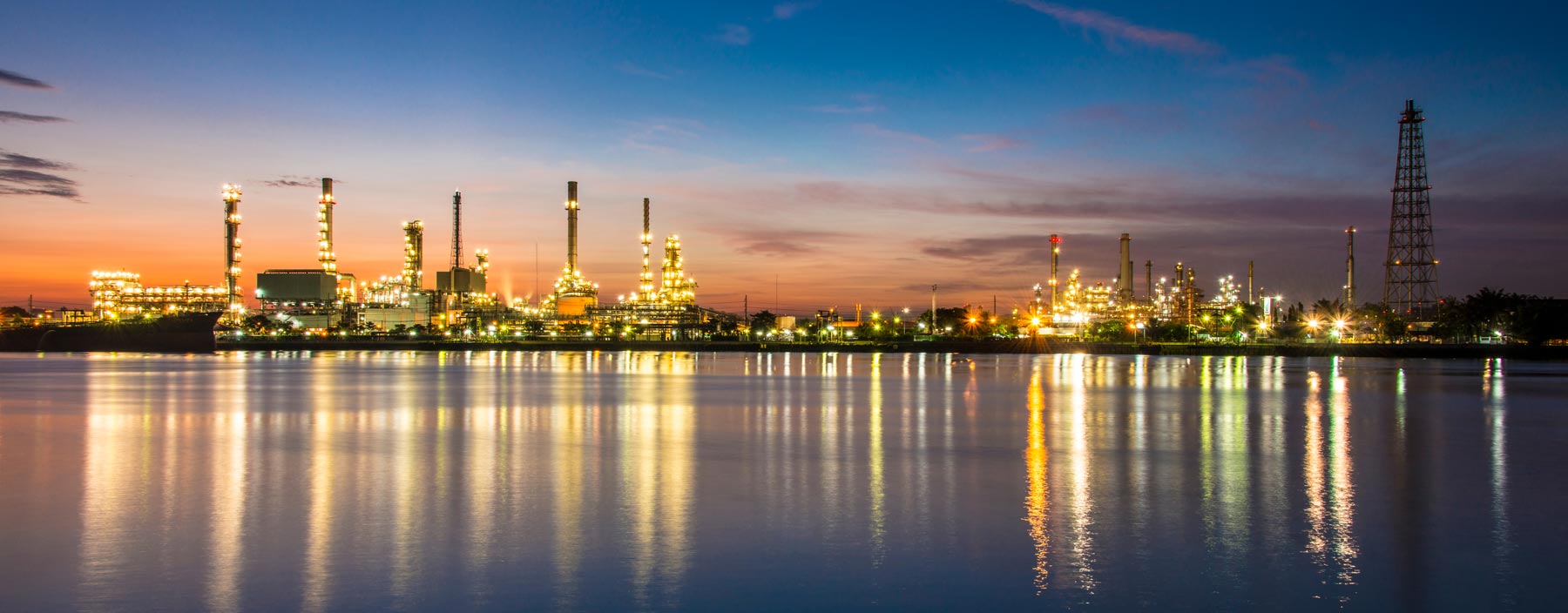Polyurethane Abrasion Resistance
One of the top four reasons urethane is requested in industrial applications is due to its abrasion resistant properties. By definition, this means the ability of a material to withstand mechanical action such as rubbing, scraping or erosion that progressively tends to remove material from its surface.
When severe wear is a concern, polyurethane often outperforms rubber, plastics and metals. In many applications, this abrasion resistance allows users to fabricate polyurethane products with less material than other elastomers would require. Other benefits include lighter weight, longer life and reduced maintenance and replacement costs.
What Are The Types Of Abrasion
There are two types of abrasion - sliding and impingement. Sliding abrasion refers to scraping and rubbing, while impingement abrasion refers to particles or objects striking the urethane surface at a high angle. Applications for impingement would be bumpers or sandblast curtains, while sliding would be a chutes and scrapers. Most wear of parts in actual service occurs as a combination of both sliding and impingement.
What Are The Best Formulations For Abrasion Resistance
Our standard polyurethane formulations hold up to the abrasion resistance needed to give your average part optimal life. However, when your application is more aggressive, we offer some specialty formulations that will increase the life and productivity of your part. Regardless of durometer(hardness), they fall into two main categories:
- Polyester Urethane Formulations have a higher capacity for sliding abrasion resistance, which makes it ideal for applications like scraper blades and chute liners. Esters work best for angled abrasion applications, such as an abrasive slurry traveling down the chute.
- Polyether Urethane Formulations offer excellent impingement abrasion resistance, which makes it the choice for sandblast curtains and bumpers. Ethers have a higher rebound and that is especially important when the part takes an impact head on.
Polyurethanes are an elastomer which makes them ideal for abrasive applications because they yield easily and distribute stresses imposed on them. It is important to note that not just any elastomer can be used successfully. Used under the same conditions, a higher durometer could wear out faster than a softer elastomer. The angle of the particle impingement has a significant effect on which material should be used.
Custom Abrasion Resistant Technical Spec's
Typical Properties Of Compound Formulas
Ask Our Experts.
Contact us today to learn how we can meet your project’s requirements.

